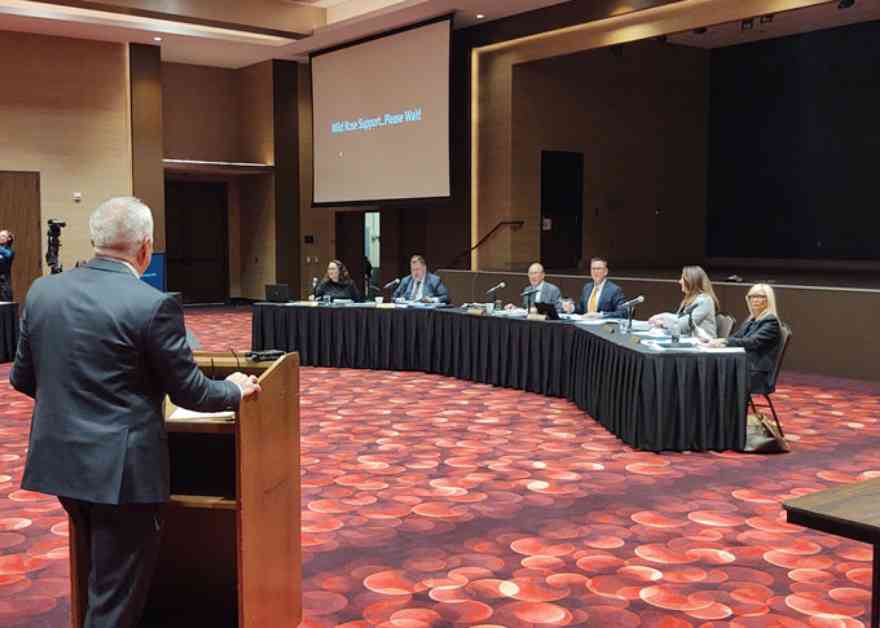Impact of Gambling Studies on Cedar Rapids Casino Proposal – Radio Iowa
The Iowa Racing and Gaming Commission met in Jefferson today to discuss the potential impact of a new casino in Cedar Rapids. Brent Wittenberg of Marquette Advisors presented findings on the state of the gambling market, highlighting the significant financial implications of the proposed casino.
Brent Wittenberg’s Insights
Wittenberg emphasized that a new casino in Linn County could bring in approximately $64 million in new revenue, with a portion of that coming from existing casinos in the area. He pointed out that facilities in Riverside, Mesquaki, and Isle of Waterloo would likely experience the most substantial impact from the competition posed by the Cedar Rapids casino.
Jonathan Swaim’s Perspective
On the other hand, Johnathan Swaim, representing the casino developers, challenged the accuracy of these predictions based on past experiences. He noted that previous projections of revenue cannibalization had not materialized as expected, casting doubt on the potential negative effects on existing casinos.
Swaim expressed confidence that the proposed Cedar Rapids casino met all the necessary criteria for approval, citing strong support from the community and potential economic benefits, including tourism and job creation. However, a spokesman for the Meskwaki Casino raised concerns about the potential impact on their operations if the new casino were to be approved.
Decision on the License
The Iowa Racing and Gaming Commission is scheduled to vote on the new license on February 6th, following thorough deliberation on the various arguments presented. One of the key points of contention was the wording of the Linn County gambling referendum, with proponents and opponents debating its validity. After a 4-1 vote against taking any action, Commission chair Daryl Olsen defended the decision as consistent with the rules governing such matters.
Commissioner Alan Ostergren’s Dissenting View
Commissioner Alan Ostergren’s dissenting vote highlighted the complexity of the issue and the differing opinions within the Commission. As a lawyer, Ostergren argued for a more proactive stance on addressing the referendum wording, underscoring the legal considerations at play.
In conclusion, the discussions at the meeting shed light on the intricate dynamics surrounding the Cedar Rapids casino proposal and the broader implications for the gambling industry in Iowa. The upcoming vote on the new license will determine the future of this contentious issue, with stakeholders on all sides closely monitoring the Commission’s decision.









